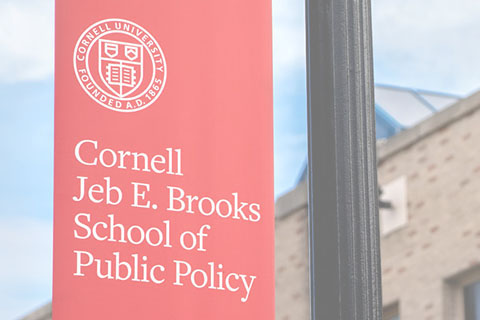Race, Racism, and Public Policy
Enduring systemic racism has profound and continued repercussions for social, economic, and political life in the U.S. and globally. It is critical to explore the role of public policy in producing, perpetuating, and addressing racism and related forms of injustice – both past and present.
We guide policymakers and educate students to develop the knowledge and skills to create more just and equitable policies and public institutions.
Faculty Spotlight

Sadé Lindsay
Assistant Professor
Sadé Lindsay is a sociologist by training whose research interests lie at the intersection of criminal justice, punishment, racial inequality, and public policy. Professor Lindsay’s work examines racism and the criminalization of deviance, incarceration, prison reentry, collateral consequences of criminal justice contact, and drug policy and use.
Course Spotlight
Race, Racism, and Public Policy
Course details: Public policy is a fundamental mechanism for addressing the most vexing and important social problems of our time. Racial inequality and structural racism are chief among such problems. Policy is thus widely understood and frequently touted as a means for redressing the harms of racism. Yet, public policy has also been identified as a channel through which racism flows. These seemingly paradoxical understandings of the relationships between racism and public policy raise critical questions about equality, democracy, the economy, and politics. This course examines such questions. questions. We begin by theoretically grounding key concepts such as “race” “racism” and “public policy.” We then consider the historical record, highlighting the fundamental role of racism in shaping politics and policy. Next, we build on these conceptual and historical foundations through thematic investigation of core policy elements (e.g., policy design, policy implementation, policy feedback), key policy institutions (e.g., legislatures, parties) and significant policy actors (e.g., social movement organizations, interest groups). Finally, the class wraps up with a series of policy “deep dives” involving close examination of specific policy domains (e.g., housing, health, the environment). This course provides students with the knowledge and analytical tools necessary to better understand the realities and complexities of race, racism, and public policy in the United States.



